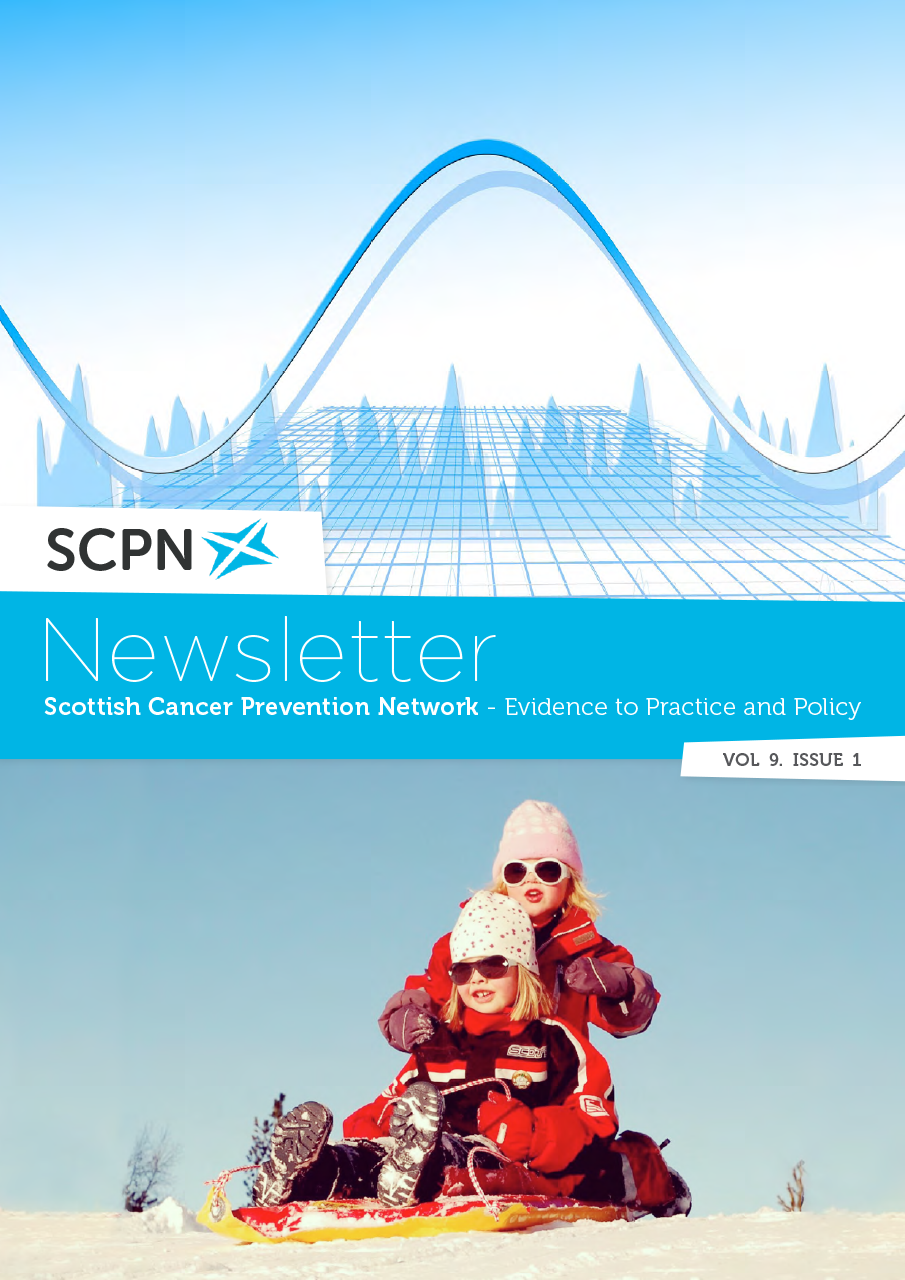
Research in progress in Scotland

08 Feb 18 |
Improving bowel screening uptake: lessons from higher uptake of breast and cervical screening
Katie Robb, Marie Kotzur, Christine Campbell, Emilia Crighton, Sara Macdonald, Robert Steele, David Weller, Sally Wyke, Colin McCowan. Patient and Public Involvement: Ann Muir and Tom Haswell
Why is this study important?
Screening can reduce deaths from cervical, bowel and breast cancer if the people invited participate. In Scotland, uptake among women is 73% for cervical, 71% for breast but only 60% for bowel, yet little research has examined why bowel screening fails to achieve the uptake rates of breast and cervical. Understanding why women – who are eligible for all three types of screening – choose to screen two parts of their body (breasts and cervix) but not their bowel may offer insight into how bowel screening uptake can be increased.
The aim of this research is to inform new approaches to increase uptake of bowel cancer screening by comparing facilitators and barriers across the breast, cervical and bowel screening programmes. In Scotland, women aged 50-60 are eligible for all three cancer screening programmes. With funding from the National Awareness and Early Diagnosis Initiative, Phase 1 of the research is examining demographic and medical factors associated with lower uptake of bowel screening relative to breast and cervical screening among women, using linked data from NHS Greater Glasgow and Clyde. In Phase 2 we have identified 60 women from Phase 1 to interview to investigate why women choose to participate in none, some, or all screening programmes and examine unique barriers to bowel screening. In Phase 3 we are feeding back the results of Phases 1 and 2 to participants and discussing potential ideas for interventions with them.
We are now in the process of analysing this research and preparing the findings for publication. This research will provide the foundation for a subsequent grant application to develop and test interventions to improve uptake of bowel cancer screening.
Bottom line
Uptake of bowel screening remains suboptimal. Novel approaches to improve uptake are urgently needed to ensure the benefits of
bowel screening can be fully realised.

The SCPN Newsletter: Volume 9, Issue 1
The first issue of 2018, with contributions from Alcohol Focus Scotland, SCPHRP, Nourish Scotland, Obesity Action Scotland and Exercise Works in practice and policy, as well as the latest updates on research in prevention and screening.